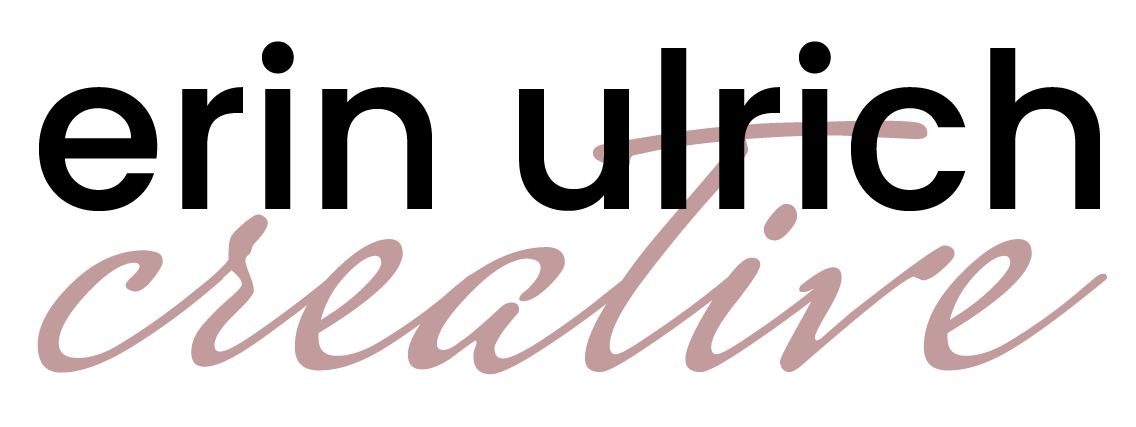Why Writers & Authors Need a Website

A significant portion of my clients are in the writing industry, whether they be authors, literary agents, or publishers themselves, and when you look at my portfolio, you’ll see many author websites. I have personal experience with writing and publishing as well, since my husband, Phil, and I have self-published a series of middle grade children’s books called The Growly Books.
Over the years, I have talked with many writers in various stages of the publishing process. Whether they are just starting their writing journey, hoping to get a publishing contract, or a seasoned traditionally published author, they share one thing in common. They need a strong online presence that includes their own website.
Do I need a website if I’m just starting out?
The short answer is YES! Even if you don’t have a publishing deal yet, establishing a website can help you get that first contract.
There’s so much more to being an author than just the writing part. More often than not, publishers are looking for writers who have a platform. They want to know that you have a way to reach readers, and that you have an established core audience who will be interested in what you have to offer. If you plan to self-publish, you’ll need that core audience for your own marketing.
A website serves as your online business card.
Social media accounts are important too, but platforms come and go. Your website is real estate that you own. It acts as a business card, a space online where interested publishers and readers can find out who you are. A quality website presents you as a professional, qualified writer who has something important to offer.
A website displays your portfolio.
Your website also serves as a place to showcase your work. Have you already been published, whether it be a book or articles online? Your website can list (and link to) these accomplishments. If you don’t have anything published yet, writing blog posts (even just a couple a month) can help to establish your reputation as a skilled writer. You can include information about your work in progress, for example.
A website helps you build your email list.
As I mentioned before, social media platforms come and go. Your social reach does matter, but it can also be gone in the blink of an eye if your account gets hacked. Your email list is a direct line of communication to your readers. It’s a way you can keep them updated on your progress and eventually push sales as your publishing date draws near. And your email list is something that you control.
Your website serves as a place for people to opt in to that email list. This will start small and build over time, so the more time you have, the better! Publishers will look at these numbers and consider this as a factor when considering your book proposal or manuscript.
How do I get started?
You don’t have to have an elaborate website to start out. There are a few essential pages that I recommend:
The Home Page should set the tone for who you are as an author and what you write about. It should include a photo of you and a short introduction (linking to your About page for more), and it should also include an email list opt-in.
The About Page provides space for a longer bio. You can include a professional bio as well as some fun insights into who you are (such as a list of your favorite things) if you’d like.
The Contact Page provides the ways people can get in touch with you. This includes a contact form for them to email you directly, as well as links to your social media profiles.
As previously mentioned, a Blog Page can be quite strategic as well.
One of the wonderful things about WordPress is that there is always room to grow. You can add pages for your individual books and even an online store as the need arises!
Next Steps
Featured Author Websites I Have Designed
- S. D. Smith
- A. D. German Books (case study)
- Ruth Schwenk (case study)
- Kate Battistelli (case study)
- Karen Ehman
- Kristen Strong
- Lynn Freehill-Maye
- The Growly Books
Additional Reading:
- Should Writers Have a Website? (Writer’s Digest)
- When Do You Need an Author Website? (Jane Friedman)
- Unpublished Writers and Websites: Should You Have One and What Should It Say? (Jane Friedman)
- What Publishers Want (Greenleaf Book Group)
- Four Things Agents Look for When Checking Out Your Website (Books & Such)
